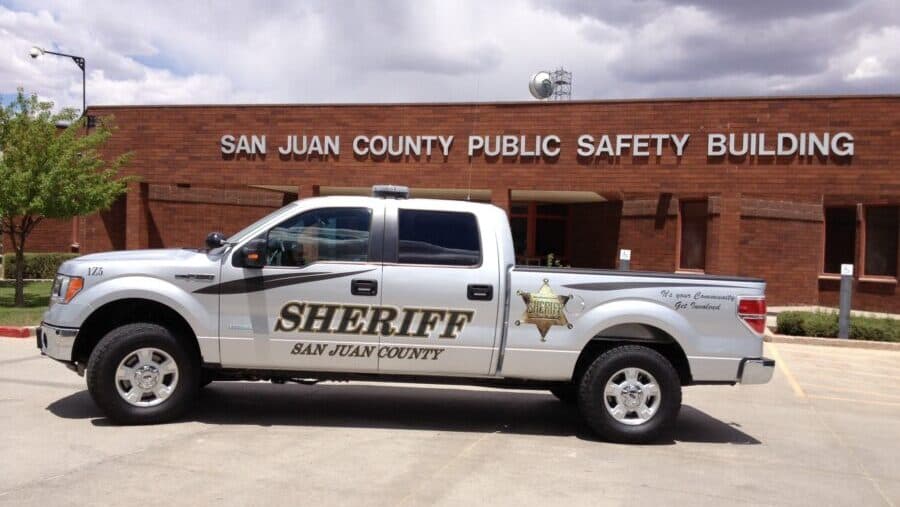State Pays Full SNAP Benefits After Federal Court Order, Uncertainty Remains
New Mexico officials paid 100 percent of Supplemental Nutrition Assistance Program benefits for recipients with issuance dates in the first week of November following a federal court order and USDA directive. The move resolved immediate access concerns for local EBT users, but subsequent federal guidance about partial reimbursement has created administrative uncertainty that could affect state budgeting and local food access.

On November 11, 2025, New Mexico reported that it paid full Supplemental Nutrition Assistance Program benefits to recipients whose issuance dates fell in the first week of November. The governor's office said the payments followed a federal court order and a directive from the United States Department of Agriculture. State officials also reported no widespread declined EBT card transactions across the state.
The payments came amid a flurry of federal actions and guidance. After the court order and the USDA directive, the federal administration issued guidance later that would allow for partial reimbursement to states, creating confusion for state and local administrators responsible for distributing benefits. New Mexico officials emphasized that residents should be assured they will continue to receive nutrition assistance, whether funded by federal or state resources.
The episode highlights the complex interplay between federal policy, court rulings, and state implementation in a safety net program that millions rely on. SNAP is a federally funded program administered through state agencies, and inconsistent or shifting federal guidance can force states to make rapid budgetary decisions to prevent interruptions in benefits. For New Mexico, paying benefits in full protected recipients from immediate hardship, but the question of how much the federal government will ultimately reimburse states remains a material fiscal issue.
For San Juan County residents, the immediate result was continuity of benefit payments and the absence of widespread transaction failures on Electronic Benefit Transfer cards. Local stakeholders, however, should remain attentive to further federal and state clarifications, because prolonged uncertainty can strain county social services and local nonprofit providers that supplement food access.
Community food resources remain active and available for residents who need additional assistance. Local organizations serving San Juan County include ECHO Food Bank, Frontline Mission Inc., Oasis Ministries The Lord's Pantry, Crisis Closet, and Roadrunner Food Bank. The original reporting included links to these resources for residents seeking hours and contact information.
The episode also raises questions about institutional accountability and transparency. Residents and local officials may expect clearer communication from federal and state agencies about funding responsibilities and timelines for reimbursement. County leaders and community organizations can play a role in tracking any fiscal impacts, documenting local need, and communicating those needs to state and federal representatives.
As the federal and state processes continue to unfold, San Juan County residents who experience problems with benefit access should contact their local human services office and the community food providers listed above. Local civic engagement, including monitoring guidance and urging timely clarification from elected officials, will be important to ensure stable access to nutrition assistance during ongoing administrative uncertainty.

